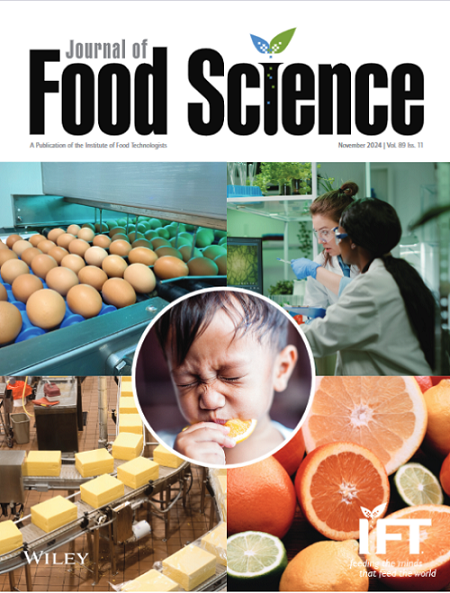Persimmon fruit is highly susceptible to chilling injury (CI) during cold storage. Notably, glycine betaine (GB), a compound that helps regulate cell osmotic balance, can alleviate postharvest CI in various fruits. In this study, the postharvest application of GB increased chilling tolerance, delayed CI, and reduced the CI index in ‘Youhou’ sweet persimmon fruit during cold storage. Moreover, GB treatment markedly decreased the O2−· production rate and malondialdehyde (MDA) and H2O2 content while significantly increasing the ascorbic amounts of acid and glutathione (GSH). Compared with the control group, GB treatment increased activities of antioxidant enzymes such as glutathione reductase (GR), glutathione peroxidase (GPX), ascorbate peroxidase (APX), catalase (CAT), and superoxide dismutase (SOD). GB treatment also reduced the activities of phenylalanine ammonia-lyase, polyphenol oxidase, and peroxidase. RNA sequencing revealed that GB treatment significantly altered gene expression linked to sugar metabolism, GSH metabolism, and phenylpropanoid biosynthesis. This study provides novel insights into the regulatory mechanisms of GB treatment alleviating CI in postharvest persimmon fruit.
‘Youhou’ sweet persimmons are prone to rapid softening after harvest. This softening process can be limited through cold storage; this can also result in chilling injury (CI). The research findings suggest that glycine betaine (GB) treatment delays ‘Youhou’ persimmon fruit softening and alleviates CI during cold storage. GB application could be a feasible technique for extending the storage life of ‘Youhou’ sweet persimmon fruit.


